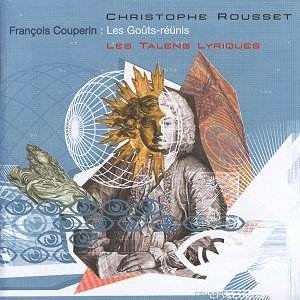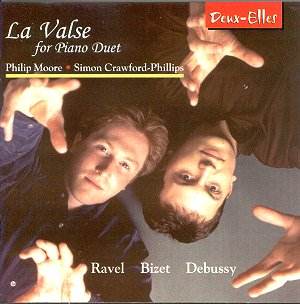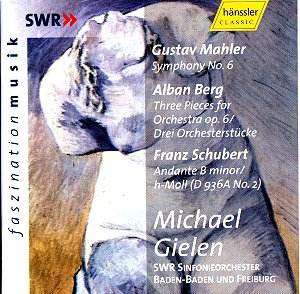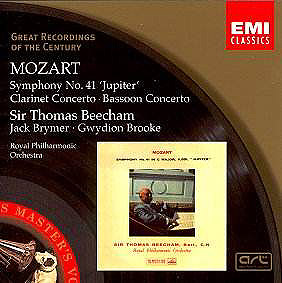 Composer: François Couperin
Composer: François Couperin
Works: Les Goûts réünis: Sixième concert, Huitième concert, Septième concert, Deuxième concert, Cinquième concert, Neuvième concert, Dixième concert, Onzième concert, Treizième concert, Quatorzième concert
Performers: Les Talens lyriques, Christophe Rousset
Recording: Rec: May 1994, February 1995, Studio 103, Maison de Radio France, Paris
Label: DECCA 458 271-2 [138.38]
François Couperin, a pivotal figure in the French Baroque, occupies a unique position in the evolution of instrumental music. His oeuvre, particularly his harpsichord works, has been celebrated for its intricate ornamentation and emotional depth. “Les Goûts réünis,” a collection of instrumental suites, reflects the stylistic tensions of Couperin’s time, merging the French and Italian musical traditions. This recording, featuring the ensemble Les Talens lyriques under the direction of Christophe Rousset, ambitiously tackles the latter half of Couperin’s concert compositions, yet the results are decidedly mixed.
Rousset, well-versed in Couperin’s idiom from his previous recordings, appears to approach these concerts with a desire to emphasize the solemnity and restraint inherent in the music. Unfortunately, this interpretative choice often veers towards a lack of engagement. The performances, at times, feel stilted and lacking the effervescence that characterizes Couperin’s more celebrated works. The second movement of the eleventh concert, for instance, features a violinist whose tone lacks the necessary vibrancy, leaving the music feeling somewhat lifeless. Similarly, the oboist in the third movement struggles to convey the emotional nuance, sounding more like a student in rehearsal than a seasoned performer.
While there are moments of brilliance, such as the spirited fourth movement of the tenth concert, “La Tromba,” marked “légèrement,” these instances are overshadowed by a predominance of sluggish interpretations. The prelude to the eleventh concert, marked “majesteusement, sans trop de lenteur,” should evoke a grandeur that is palpably absent; instead, it is delivered with an overabundance of slowness that stifles its potential impact. Rousset’s inclination toward slow tempos appears to compromise the vigor and dynamism that many of these movements demand, resulting in performances that often feel emotionally flat.
Despite the ensemble’s excellent sound quality and balance, which Rousset manages adeptly, the overall impression is one of forgettability. The engineering captures the nuances of the instruments well, yet the lack of interpretative zeal diminishes the music’s inherent qualities. Comparing this recording to other notable interpretations, such as those by Philippe Herreweghe or the late Gustav Leonhardt, underscores the stark differences in energy and emotional engagement that can be achieved in Couperin’s works.
The lack of a compelling performance diminishes the allure of “Les Goûts réünis,” rendering this recording a missed opportunity. The music, while rich in historical significance and melodic invention, becomes obscured by a performance that fails to ignite the necessary spark of enthusiasm. The intentions may be laudable, yet the execution falls short of capturing the essence of Couperin’s artistry.


